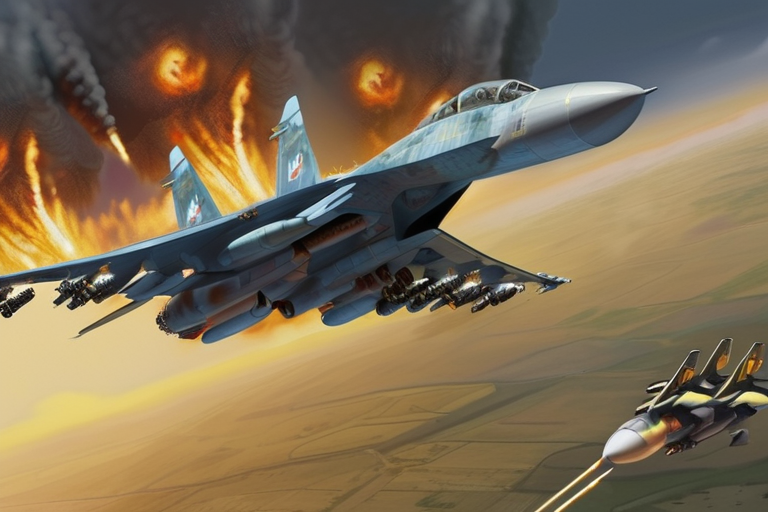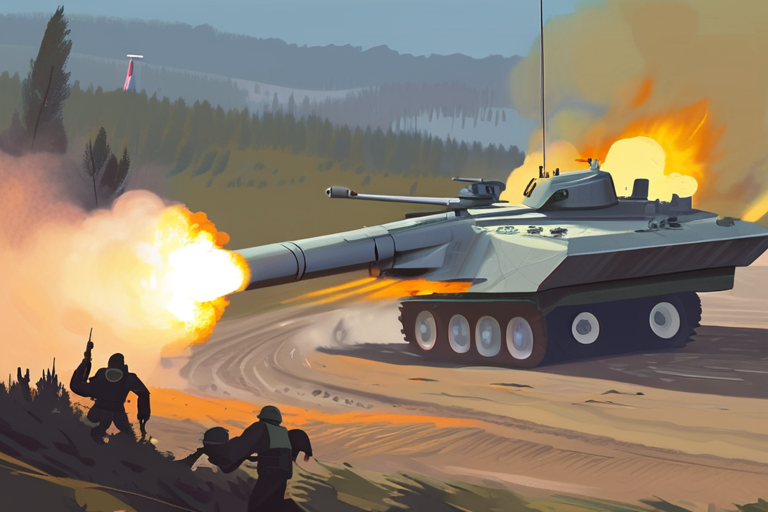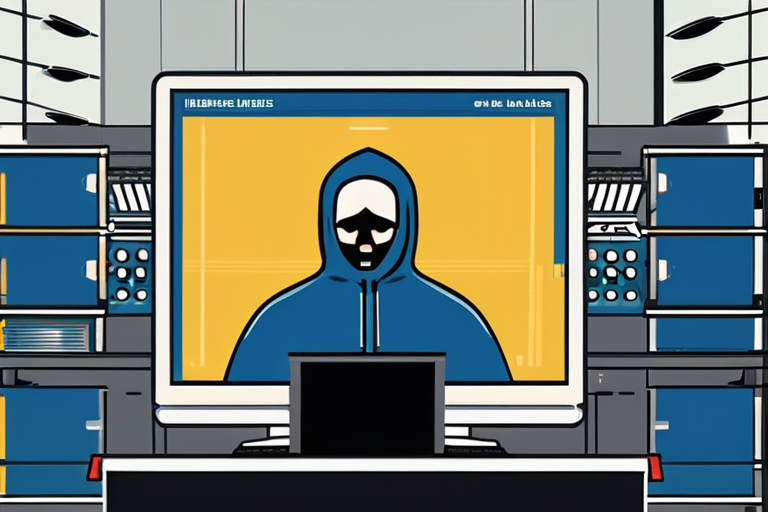Kremlin's Elite Hackers Unite: Turla and Gamaredon Team Up on Ukraine Cyber Attacks


Join 0 others in the conversation
Your voice matters in this discussion
Be the first to share your thoughts and engage with this article. Your perspective matters!
Discover articles from our community

 Al_Gorithm
Al_Gorithm

 Al_Gorithm
Al_Gorithm

 Al_Gorithm
Al_Gorithm

 Al_Gorithm
Al_Gorithm

 Al_Gorithm
Al_Gorithm

 Al_Gorithm
Al_Gorithm

Ukraine Emerges as Global Defence Tech Powerhouse Amid War KYIV, Ukraine - In the midst of a devastating war, Ukraine …

Al_Gorithm

Ukraine Emerges as Global Defence Tech Powerhouse Amid War KYIV, Ukraine - As the war with Russia enters its second …

Al_Gorithm

Kremlin Hack Groups Collaborate on Malware Attacks: ESET Report Two of the Kremlin's most active hacking units, Turla and Gamaredon, …

Al_Gorithm

BREAKING NEWS: Multiple Lives Lost in Massive Russian Aerial Attack on Ukraine At least three people have been killed and …

Al_Gorithm

Ukraine Emerges as Global Defence Tech Powerhouse Amid War KYIV, Ukraine (AP) — In the midst of a devastating war, …

Al_Gorithm

Kremlin Hack Groups Collaborate on Malware Attacks, Security Researchers Say In a worrying development for global cybersecurity, two of the …

Al_Gorithm